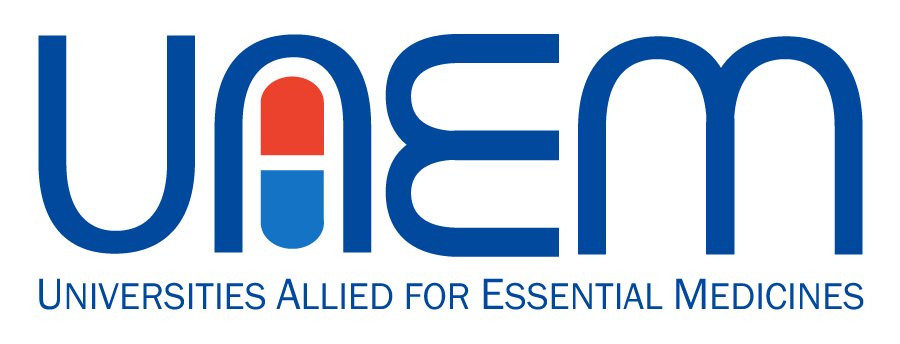White Paper: Early Action for Equitable Access
In the spring 2024 semester, student attorneys at the Georgetown University iPIP clinic partnered with UAEM to write a comprehensive white paper on university access licensing, the U.S. Bayh-Dole Act, UAEM's proposed licensing approaches, and university transparency.
Executive Summary: In 2022, the U.S. invested $97 billion in federal research grants for universities. These funds often lead to groundbreaking innovations, including lifesaving drugs. However, these drugs are patented and licensed to pharmaceutical companies under terms that often result in high prices, limiting public access. This paper examines the current licensing practices of university technology transfer offices (TTOs), the legislative history and impact of the Bayh-Dole Act, and the need for more equitable licensing practices to ensure public access to affordable medicines.
I. Current University Practices: This section explores the Bayh-Dole Act, which allows universities to retain rights to federally funded inventions, and the concept of "march-in rights" intended to ensure public access to these inventions. Case studies of drugs like Norvir, Xalatan, Xtandi, and Casgevy highlight the failures of current practices, where affordability is not prioritized. The section concludes by evaluating statements and model licenses from top funding recipients to assess compliance with the Bayh-Dole Act’s equitable licensing requirements.
II. The Equitable Technology Access Framework (ETAF): The ETAF, developed by UAEM, outlines best practices for public research institutions to ensure equitable access to innovations. This section compares ETAF with other licensing frameworks, such as the widely used "Nine Points to Consider in Licensing University Technology." It analyzes the legal and political viability of ETAF, suggesting revisions and highlighting stakeholder interests, including pharmaceutical companies, universities, researchers, generic drug manufacturers, and patient advocacy groups.
III. Freedom of Information (FOI) Advocacy Toolkit: This toolkit provides guidance on using state and federal FOI laws to obtain public records, including licensing agreements between public universities and pharmaceutical companies. It includes a guide to submitting requests under the California Public Records Act (CPRA), a model request template, and strategies for overcoming delays or denials in information access. The toolkit also examines whether private universities' tech transfer agreements are subject to FOI laws.
Conclusion: The paper emphasizes the need for intervention at the licensing stage to ensure that federally funded innovations are accessible and affordable to the public. It calls for adopting equitable licensing practices and leveraging FOI laws to promote transparency and accountability in university licensing agreements.
Download the white paper below for more information.

